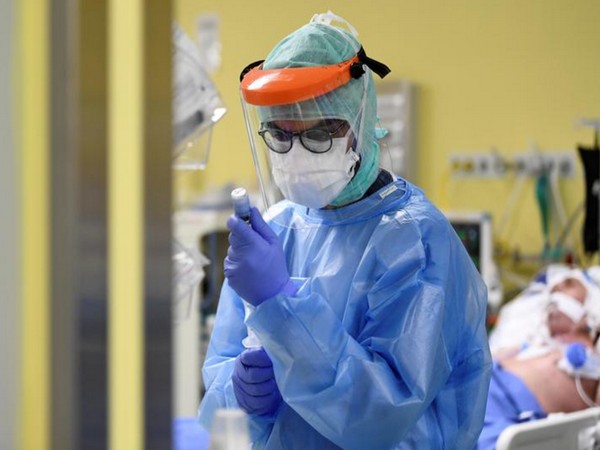Germany expects COVID-19 vaccine in Q1 2021 at the earliest
With the first vaccines only expected to be available in limited amounts, the German research centre Leopoldina and Ethics Council set out recommendations on how to prioritise delivery in a position paper on Monday. First in line should be those who are at risk due to their age or pre-existing conditions, particularly people living in nursing homes or long-term care facilities, the experts said.

- Country:
- Germany
Germany does not expect a coronavirus vaccine to be available before the first quarter of 2021, according to its national vaccine strategy seen by Reuters on Monday, as experts presented guidelines on who should be first-in-line for the shots.
The paper sets out seven potential vaccines which are expected to complete testing this year or next and could be available in sufficient amounts to begin a nationwide vaccination campaign for priority groups. These include shots from AstraZeneca, BioNTech and its partner Pfizer, as well as Moderna. "Assuming that a favourable risk-benefit ratio can be confirmed, first approvals are expected in Q1/2021 at the earliest," the 15-page health ministry paper says.
Germany plans to set up centralised vaccination centres to inoculate priority groups in the first instance which will be supported by mobile teams, Reuters reported last week. With the first vaccines only expected to be available in limited amounts, the German research centre Leopoldina and Ethics Council set out recommendations on how to prioritise delivery in a position paper on Monday.
First in line should be those who are at risk due to their age or pre-existing conditions, particularly people living in nursing homes or long-term care facilities, the experts said. The second priority group should include those exposed to the virus through their jobs who could also spread infections to vulnerable people such as front-line healthcare workers.
For the third group, the experts proposed those who are needed to maintain public life, including health authority officials, police and security staff, firefighters and teachers. Detailed recommendations will only be possible once late-stage data on the characteristics of vaccines is available, the experts said.
To achieve sufficient immunity within the population, Germany will need around 70% of people to get vaccinated, said Leopoldina President Gerald Haug, adding building trust around vaccines would be vital. Vaccination will not be mandatory. The German government will pay for the vaccines, while the cost of setting up the vaccination centres will be borne by the states and public and private health insurers where appropriate.
To get an overview on the effectiveness of the vaccines, Germany will collect non-personal data including information on age, sex, place of residence, vaccination date, vaccine product and vaccination dose administered, the ministry paper says.
(This story has not been edited by Devdiscourse staff and is auto-generated from a syndicated feed.)










